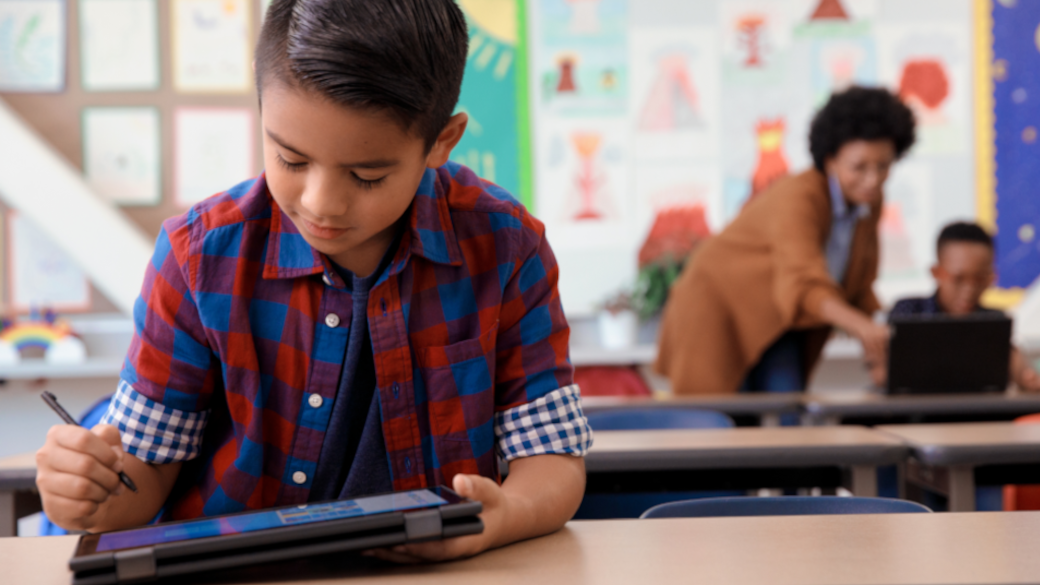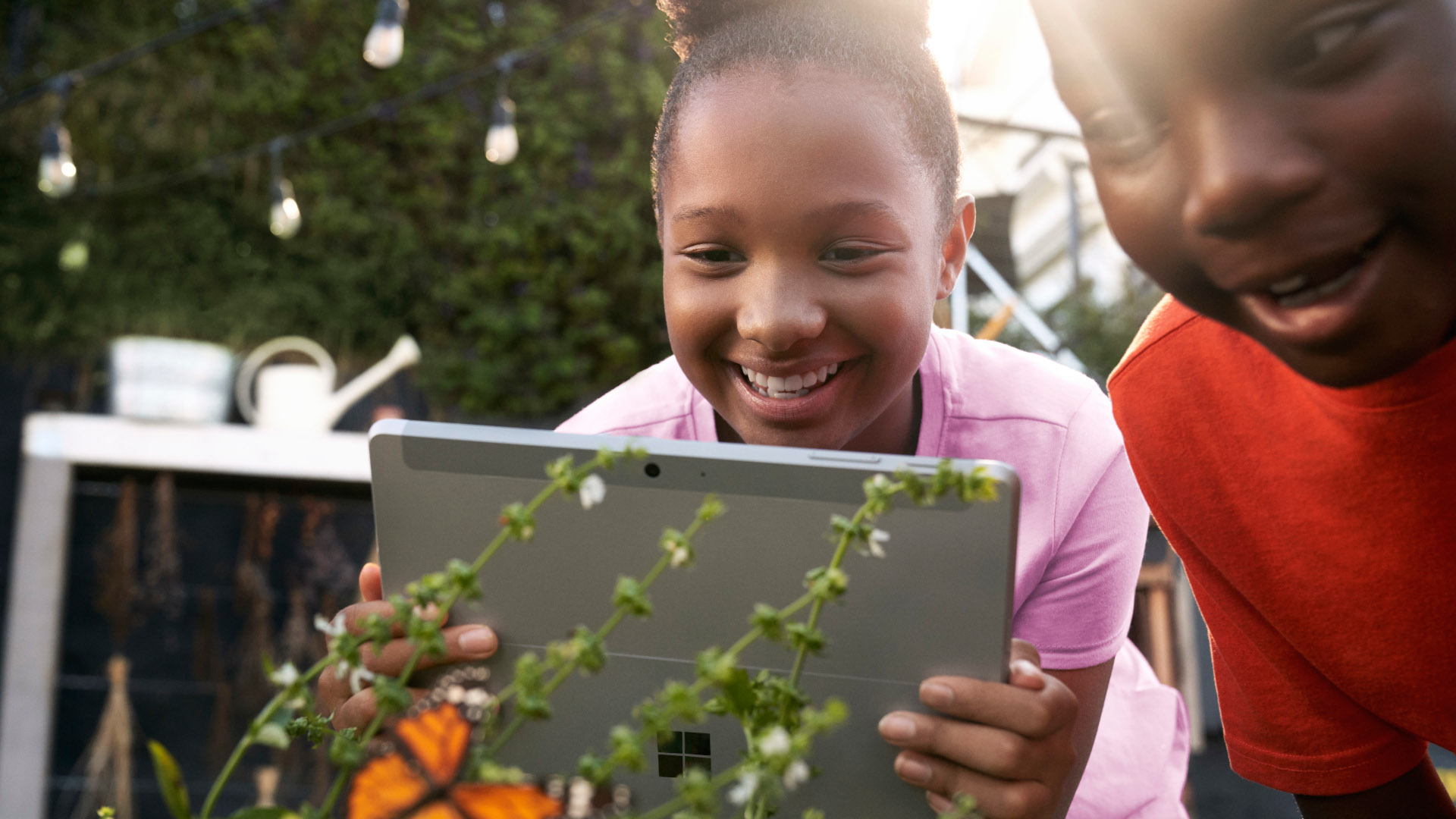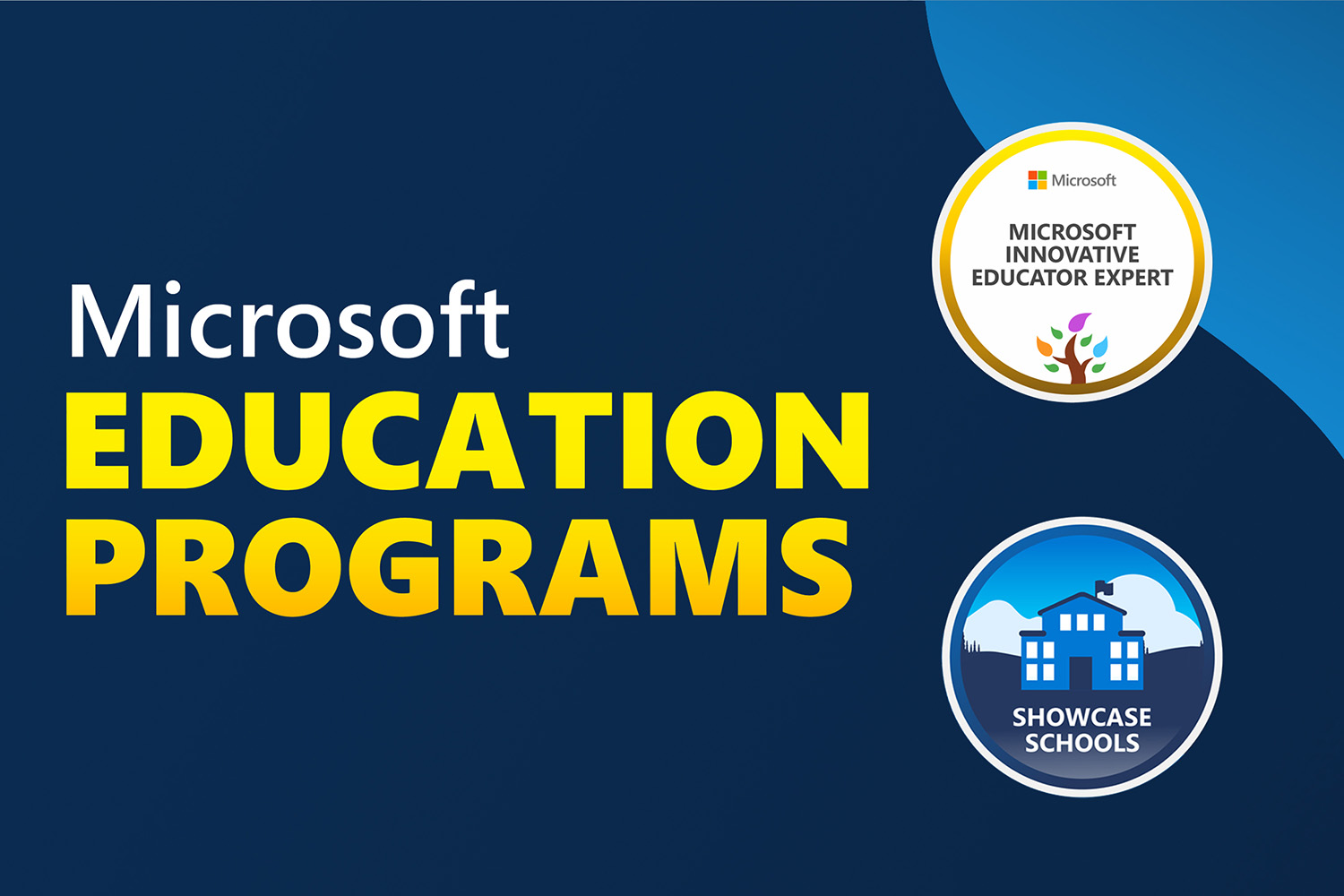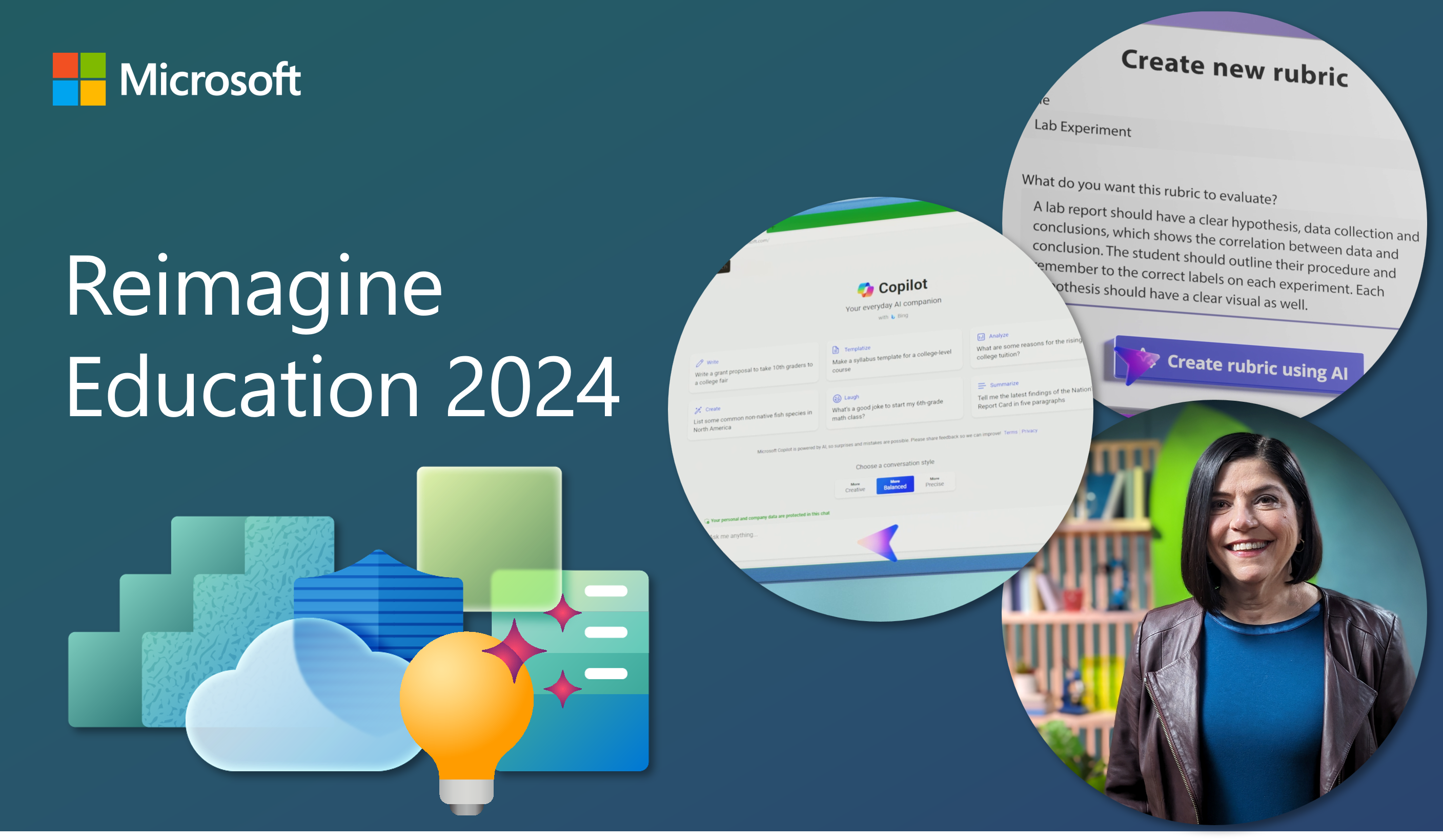Our world is changing faster than ever. What skills will today’s kindergarteners need to be life-ready by the time they graduate as the class of 2030? How can technology support their educational journey?
To answer these critical questions, we launched a key piece of research: “The class of 2030 and life-ready learning: The technology imperative.” Today, I am super excited to share that the full report is now available.
To conduct our research, we listened to 70 thought leaders around the world, reviewed 150 pieces of existing research, and surveyed 2,000 teachers and 2,000 students across Canada, Singapore, the United Kingdom and the United States.
Most importantly, we focused on the needs and aspirations of our subjects: the young people who make up the class of 2030 and those closest to understanding their world.
Within that context, we found 2 core themes: social emotional skills and personalized learning. Whilst not new in education, these are newly important for more people. Employers are placing a premium on social skills and emotional literacy with up to 40% of future jobs requiring explicit social emotional skills. Academics are noting their impact on deep learning and the students themselves recognize these skills are critical for success. The research highlighted personalized learning as an approach which supports skill development — both cognitive and social and emotional by guiding students towards greater autonomy and control.
The students were clear: they want to develop these skills to navigate their own learning – to explore and make choices that unlock their curiosity and potential and they want teachers who know and understand them as individuals.
Three technologies were highlighted in the research as showing great promise to support social and emotional skill development and personalized learning approaches; collaborative platforms, mixed reality and analytics powered by AI.
Students across the four surveyed countries prioritized a range of social-emotional and higher-order skills; notably, students valued digital skills, creativity and problem solving higher than teachers.
Skill and outcome prioritization
While not new in education, these skills are newly important to more people and are taking center stage alongside deeper cognitive skills and content knowledge in the classroom and in the workforce. By 2030, it is predicted that between 30 to 40 percent of jobs will require explicit social-emotional skills.
While the need for social-emotional skills is clear, our research highlighted differences between the specific skills that students and teachers prioritize and how well-equipped teachers feel to teach these skills. This variation was mirrored in how both groups described their experiences of social-emotional skills as part of the learning program.
Students already place a strong emphasis on social-emotional skills based on the results of our survey, which you can explore below.
Social and emotional skill prioritization
Personalized learning, which is a student centered approach, emerged as one of the most promising ways to develop social-emotional and deeper cognitive skills.
The students we surveyed said they want to have greater control over their learning and not just automation of content delivery. The students wanted personalization involving control over pacing, content and assessment. 70 percent of the students felt their mastery of content would be better with greater control. Quality feedback is critical for personalized learning. Only 40 percent of students we surveyed felt they receive feedback that was personalized; yet 60 percent of teachers felt they were providing personalized feedback.
Teachers have long endorsed personalized learning but have cited a lack of time and resources as obstacles. In our survey, nearly 70 percent of teachers cited time constraints as their biggest hurdle to providing more personalized content to their students. Our research revealed technology can help clear away those obstacles by freeing up as much as 30 percent of teachers’ time, so they can spend more time responding to individual and group needs.
Our research identified other important differences in perspectives between students and teachers about the extent of personalization in their current education. Explore the data, below.
Personalization
Three types of technology show especially strong promise for advancing socially embedded and personalized learning, and more immersive learning experiences: collaboration platforms, artificial intelligence, and mixed reality. You can find out more about the current and emerging opportunities in the full report and in the papers and case studies being published across 2018.
The class of 2030 and future generations will face social and global problems beyond what we can imagine. They will learn and engage with each other, with technology and with information in entirely new ways. And they will enter a workforce where job functions and roles will be dramatically different from today.
We hope our research will advance all of our efforts to help the class of 2030 be ready to succeed in work and life.
I encourage you to request our full report and share it widely with anyone interested in shaping the education system of the future.
I look forward to continuing to engage with you about these crucial topics in the weeks and months ahead.




